July 8-10, 2022
SMART CALL
The XXIst International CALL Research Conference
We would sincerely like to thank all of you who attended the 21st International CALL Research Smart Conference, hosted virtually by Waseda University, Tokyo, Japan on July 8-10, 2022.
The theme of the conference was Smart CALL. We define “Smart” as possessing three qualities: personalization, contextualization, and socialization.
Personalization is the extent to which technologies and learning environments are adapted to the specific profile of the language learner. Contextualization is how technologies and learning environments can be adjusted to the specific context of the learner. Socialization is the way in which technologies and learning environments afford meaningful interaction amongst learners, co-learners, teachers and researchers.
The conference this year was held as a Smart Conference. The parallel presentations were pre-recorded meaning and could be viewed at any time during the conference period. There were also live interaction sessions between the participants and presenters. We called this a “Smart Conference” as it allowed us to incorporate the three elements discussed above: personalization, contexualization, and socialization. Thank you for joining us for this unique and innovative event!
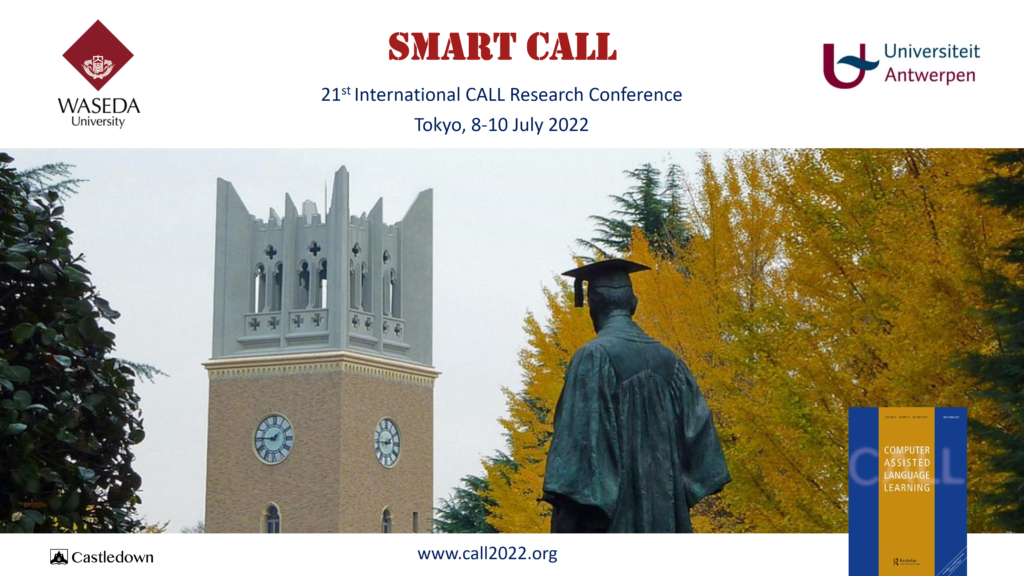
Contributions were received based on your planned, ongoing or finished research, accompanied by an explanation of which aspects of your work can be called ”smart”. In line with our conference theme, our keynote speaker Mat Schulze provided an overview of Intelligent CALL and what it tells us for future developments in the field. Detailed information about the theme is available here.
The International CALL Research Conferences aim to:
More information about the concept of the conference can be found here. You can also view details of the new Smart CALL book here.
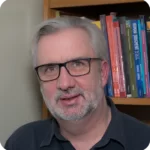
San Diego State University
Mat Schulze is a professor of German (Applied Linguistics) and has worked at universities in the United Kingdom, Canada, and the US. He serves as the director of the Language Acquisition Resource Center at San Diego State University, which runs a number of federally funded teacher development and language-and-culture training projects. His research interests are in Tutorial CALL, including the smart application of artificial intelligence techniques, and online language education.
The Imitation Game: Smart language learning and artificial intelligence
(July 9, 13:00-14:00 JST)
The Imitation Game (Turing, 1950) “tests a machine’s ability to exhibit intelligent [language] behavior … indistinguishable from that of a human” (“Turing test,” 2022). Alan Turing (1948) listed the “learning of languages” as one of the ways in which computers could demonstrate their ‘intelligence’. In the context of smart CALL – the theme of this conference – it is essential to ask: How have these predictions in Computer Science been born out in the field of Language Education? What was the role and impact of (relevant) artificial intelligence techniques on research, development, and practice in CALL over the last 35 years? How smart – personalized, contextualized, and socialized – are these digital technologies in language learning today? And where do we go from here in our integration of ever-changing computational tools and approaches in CALL?
Exploring the nexus of language pedagogy, linguistics, and computer science, we will look at the nonlinear developmental and discursive trajectories in CALL. In this systematic reflective journey, five ‘technology landmarks’ will be used for our orientation:
What impact did these technologies have on CALL research? How did they influence language-learning processes and teacher beliefs and practices? And ultimately, did the Imitation Game – the facilitation of some communicative interaction of language learners with a digital device – lead to change in Language Education?
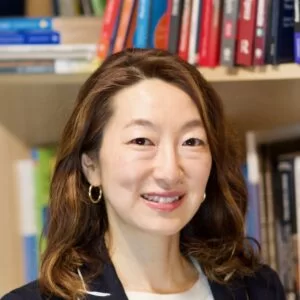
Tokai University
Nobue Tanaka-Ellis is an associate professor in Applied Linguistics at the International Education Center, Tokai University, in Japan. She holds a PhD in Computer-Assisted Language Learning/Applied Linguistics from the University of Melbourne. Her research interests include learning environment with technology, CLIL, intercultural communication, and global leadership education. She regularly presents and publishes internationally in CALL and Applied Linguistics, and she is currently the Co-Editor-in-Chief of The JALT CALL Journal.
Recapturing and redefining the smartness of CALL
(July 10, 9:30-10:30 JST)
As the world is emerging from a two-year-long pandemic, we recognize that the landscape of education has changed, and it will not go back to where we were two years ago. This also applies to language education, including Computer Assisted Language Learning. CALL quickly rose to stardom two years ago, being perceived as a viable solution to providing language education during the pandemic; however, the sparkle seems to be subdued as we are moving back to the traditional face-to-face mode. One reason for the waning popularity might be because language teachers and educational institutions now seem to perceive CALL as a synonym for emergency remote teaching. It is, therefore, our role as CALL researchers to rectify the misconception and reintroduce the smartness of CALL to the educators beyond our research community. In this talk, the smartness of CALL is discussed with emphasis on contextualization and socialization by looking at some of the recent data collected from online and face-to-face classes with great complexity in their contexts. I will also present how CALL researchers dealt with their language classes in the past two years by assessing the smartness of these classes.
July 8
July 9
July 10
*All on-demand sessions will be available from July 9 at 9 am time. Live sessions will be recorded and made available on completion of the session. All sessions will be available until July 11 at 6.00 am.
* The Gather.Town lobby will be open 24 hours from 13:00 on July 8 through to 17:00 on July 10, and the help desk will be manned from 9:30 to 17:00 on July 9 and July 10.
* All times are given in Japan Standard Time (UTC +9).
* The current schedule is tentative, and there may be some minor changes to the times of some sessions.
The conference will be held through Gather.Town where you will be able to meet presenters in the lobby. It’s a quick virtual walk to the plenary and parallel sessions from there, so you can have a chat during a timeout any time during the conference.
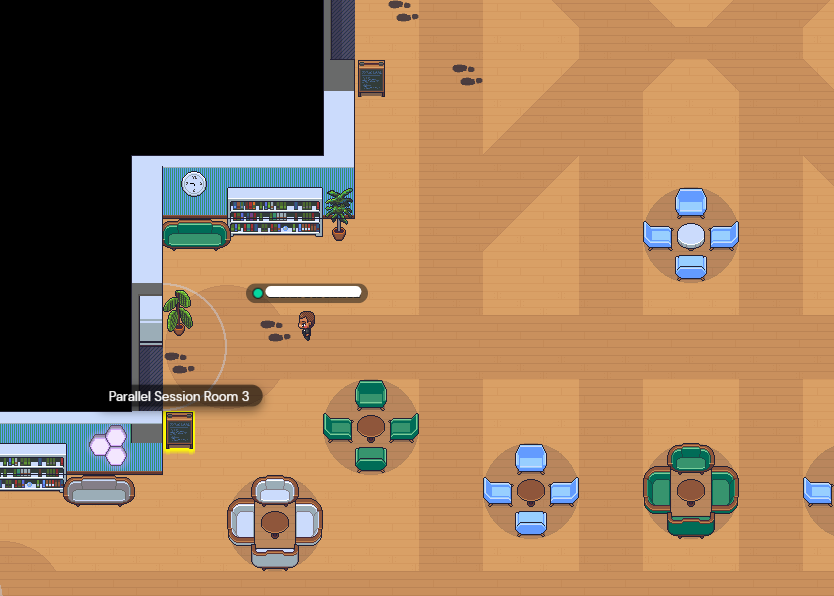
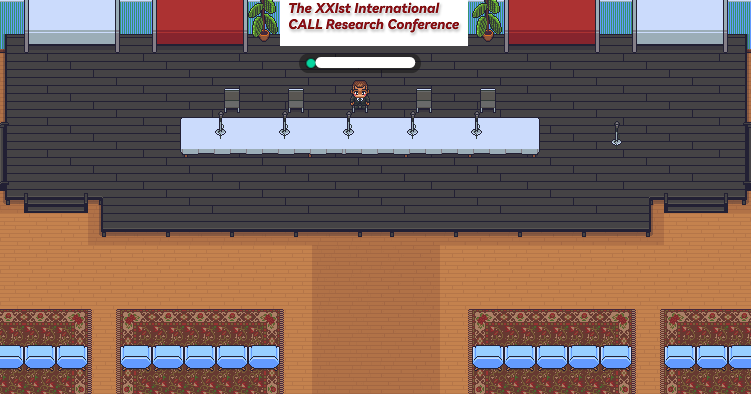
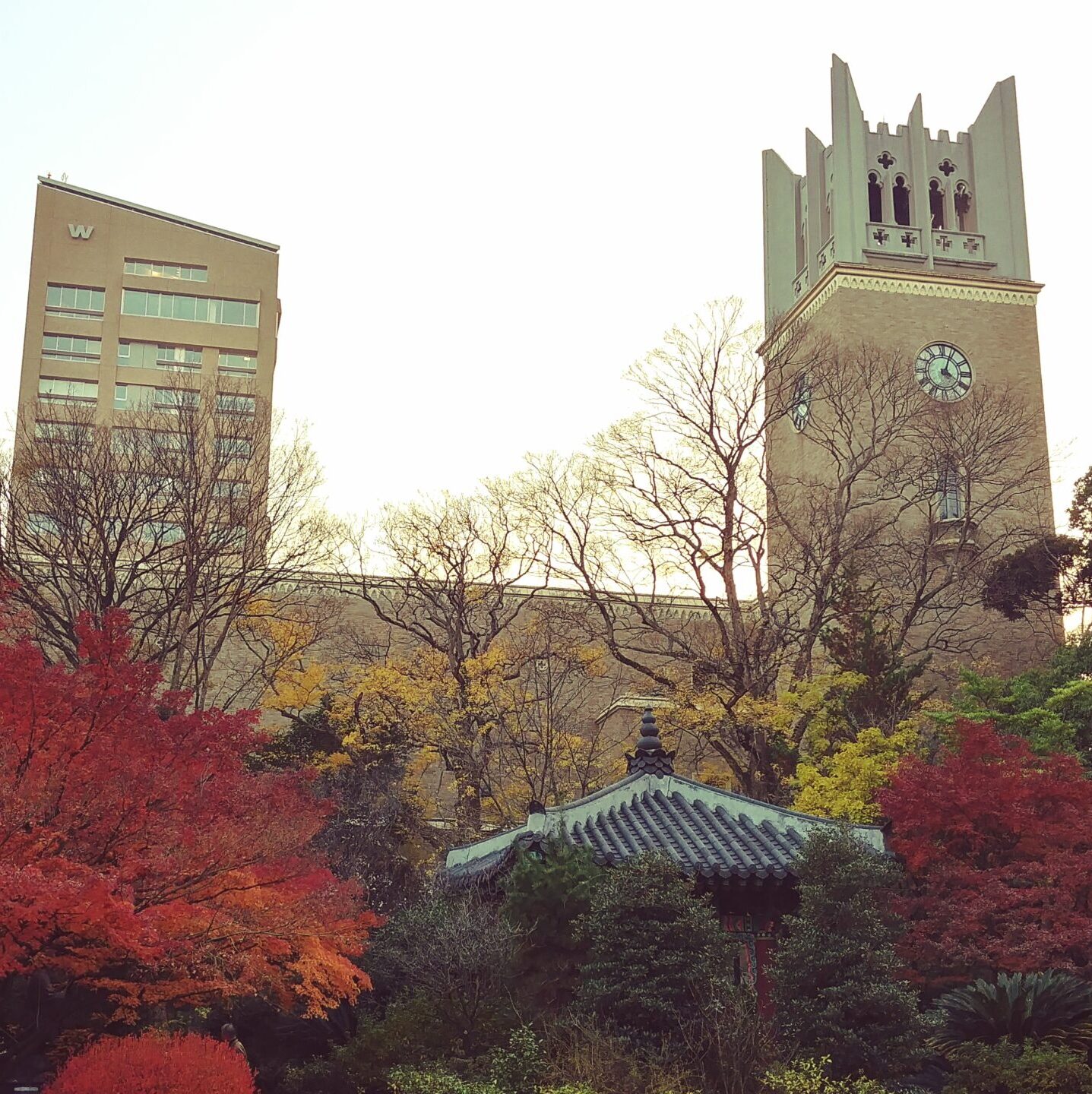
Waseda University was founded by Shigenobu Okuma on October 21, 1882. The 9th prime minister of Japan, Okuma wished that the students of Waseda be altruistic and help others in need, saying, “Be ambitious to contribute to the world without regard to the benefits yourself, family, or your country.” Waseda University’s culture and traditions have evolved over more than a century, but its founding principles remain firm, and the Waseda spirit lives in the hearts of over 500,000 alumni.
Located in central Tokyo, Waseda University offers more than 2,400 English courses, and over 50 undergraduate and graduate degree programs that can be earned entirely in English, making it the top English-based degree provider in Japan. There is currently plan to increase the numbers to 64 English-based degrees and 4,100 English-based courses over the next few years. Moreover, at least 50% of the academic staff are either foreign nationals or graduates of overseas universities. Initiatives are also being carried out at present to escalate the proportion to 75% in the upcoming years.